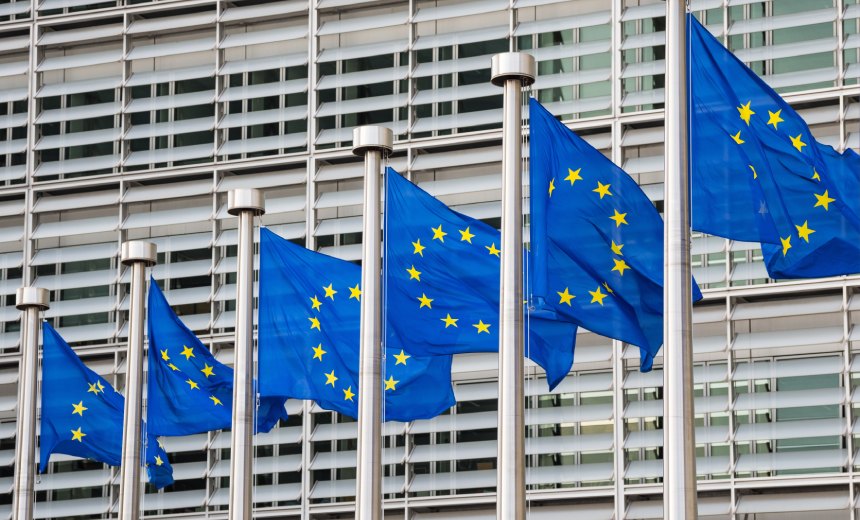Privacy advocates and rights groups are expressing concerns over potential loopholes in the upcoming global treaty on artificial intelligence, specifically related to exceptions for the private sector and national security interests. The Council of Europe Framework Convention on Artificial Intelligence, Human Rights, Democracy, and the Rule of Law, which is set to be the first international treaty on AI governance, has drawn scrutiny for its provisions that could weaken privacy protections.
The draft convention, proposed last year, aims to ensure that AI systems uphold human rights and the rule of law. However, critics argue that certain exemptions in the treaty, such as excluding AI systems used for research and development purposes and those related to state national security activities, could undermine its effectiveness in safeguarding individuals from AI bias and manipulation.
As negotiations for the finalization of the treaty are set to take place on March 11, privacy rights groups, academics, and activists have called on European lawmakers to resist efforts to water down regulations for private companies and AI systems used in national security. The signatories of a letter addressed to policymakers emphasize the importance of protecting individuals from potential harms caused by unrestricted AI deployment by corporations.
Angela Müller, executive director of AlgorithmWatch and one of the letter’s signatories, warns against providing corporations a free pass to develop and use AI systems according to their own interests. The signatories advocate for the treaty to prioritize the interests of humanity over those of big tech companies, urging EU lawmakers to reject exceptions that could weaken privacy protections.
The concerns raised by privacy advocates echo previous controversies surrounding AI regulation in Europe. Last December, negotiations on the European AI Act were delayed due to objections raised by certain European states, who argued that strict regulations could hinder the competitiveness of European AI firms against major American tech companies. Allegations of lobbying efforts by tech companies to influence regulatory decisions further fueled skepticism about the transparency and integrity of the legislative process.
The recent partnership between French AI startup Mistral AI and tech giant Microsoft has reignited debates about European digital sovereignty and the influence of big tech on AI regulation. Critics argue that companies like Mistral AI may exploit the rhetoric of digital sovereignty to secure preferential treatment from lawmakers, potentially undermining the overarching goal of safeguarding privacy and human rights in the AI landscape.
In light of these developments, it remains crucial for policymakers to address the concerns raised by privacy advocates and rights groups and ensure that the final version of the global AI treaty upholds the principles of transparency, accountability, and respect for individual rights. The future of AI governance will depend on the ability of legislators to strike a balance between fostering innovation and protecting the public interest in an increasingly AI-driven world.


